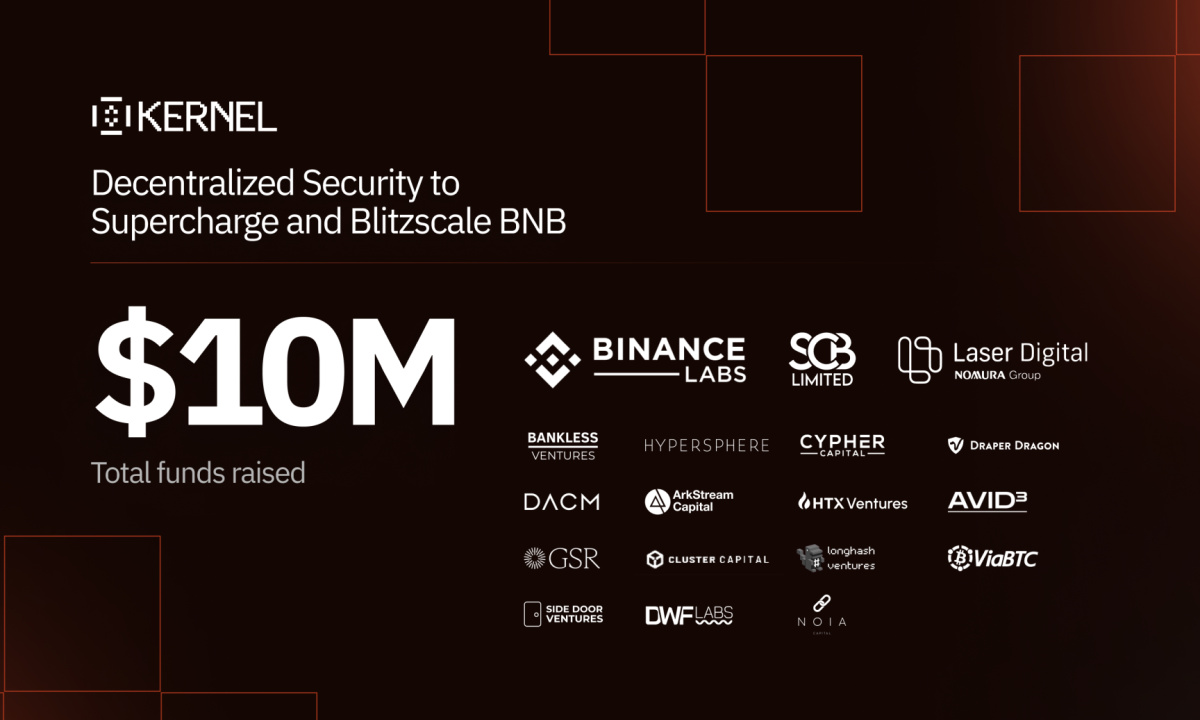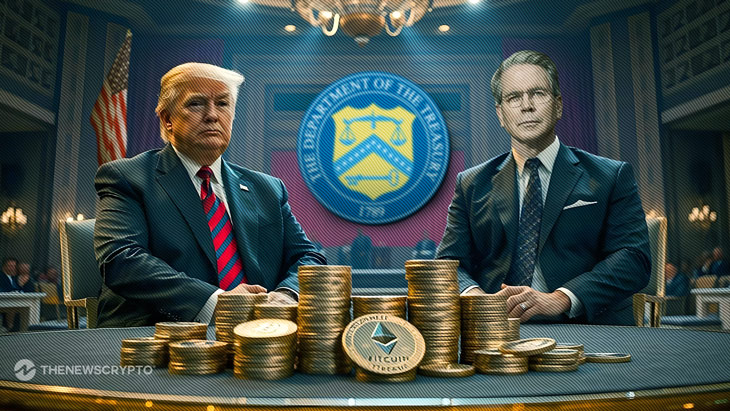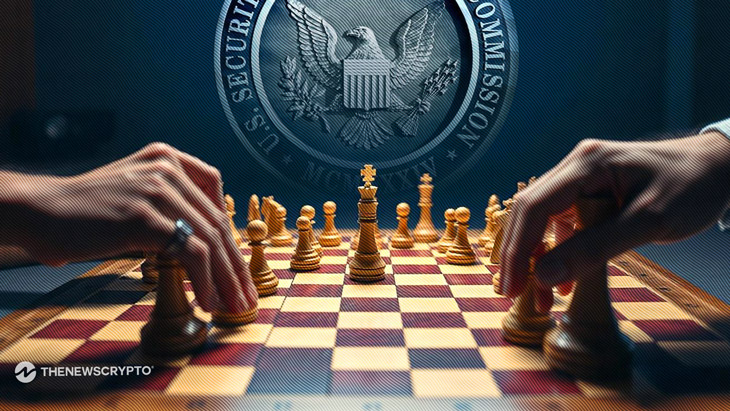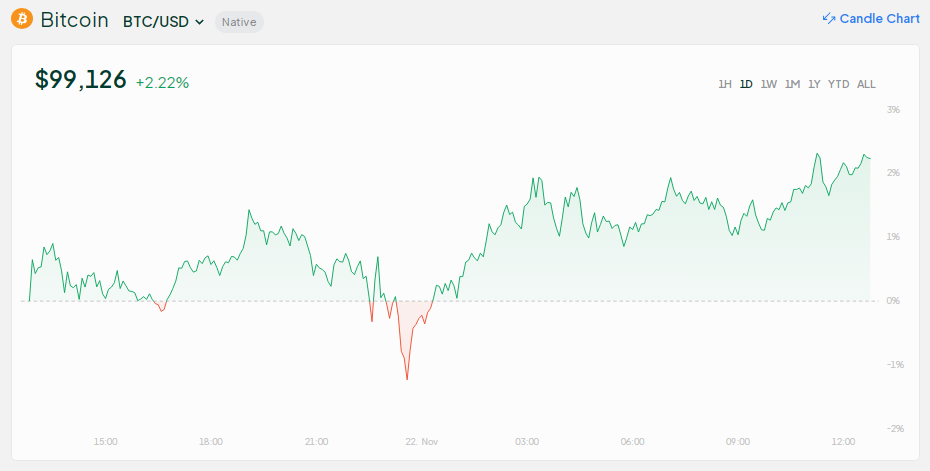Prominent Pro-XRP lawyer John E. Deaton has downplayed the potential effects of an appeal by the United States Securities And Exchange Commission (SEC) in its ongoing case against Ripple on the sale of the XRP token as an unregistered security.
On July 13, U.S. Judge Analisa Torres of the U.S. District Court for the Southern District of New York ruled that the programmatic sales of XRP did not violate U.S. securities law as the SEC cannot prove retail investors had expected profits from this investment based on the “entrepreneurial or managerial efforts of others.”
The decision was based on the Howey Test, which states that a contract, transaction, or scheme is an “investment contract” and, therefore, a security if it is (1) an investment of money, (2) in a common enterprise, (3) with the expectation of profit (4) to be gained from the effort of others.
For the first time since the ruling, the SEC hinted on July 21 it might appeal this judgment in one of its petitions in another ongoing case against Terraform Labs and its co-founder, Do Kwon.
The lawyers of these defendants had earlier filed a motion to dismiss the charges against their clients based on the recent Ripple ruling. However, the SEC responded by saying that the ruling which favored Ripple was “wrongly decided,” and the commission could soon explore ways to review this judgment.
In response to if an appeal by the SEC in its case against Ripple would represent a setback for XRP, popular crypto lawyer and XRP supporter Deaton has provided a positive outlook implying that was far from being the case.
According to a tweet on July 22, Deaton backed up this claim stating that an appeal by the SEC would first take two years to get a decision from the second circuit. In the U.S. legal system, the courts for the second circuit represent one of the 13 U.S. Courts of Appeal.
Furthermore, the lawyer stated that assuming the second circuit did determine that application of the third Howey factor was wrong, U.S. Judge Torres would still apply the first two Howey factors and arrive at the same decision.
Deaton also stated that Torres’s decision was obviously not final within the Southern District Court of New York, and there is the possibility of another district judge having another conclusion.
However, he expressed that was unlikely, especially as Judge Torres had made this judgment citing the ruling in the popular SEC v. Telegram case in which the commission won an injunction to prevent Telegram from distributing GRAMS tokens on the allegations of it being unregistered security.
At the time of writing, XRP is trading at $0.7404, with a 3.58% gain in the last day based on data from Tradingview.
 XRP trading at $0.7404 on the daily chart | Source: XRPUSD Chart On Tradingview.com
XRP trading at $0.7404 on the daily chart | Source: XRPUSD Chart On Tradingview.com
SEC Nudges At Possible Appeal Against Ripple Ruling
On July 13, U.S. Judge Analisa Torres of the U.S. District Court for the Southern District of New York ruled that the programmatic sales of XRP did not violate U.S. securities law as the SEC cannot prove retail investors had expected profits from this investment based on the “entrepreneurial or managerial efforts of others.”
The decision was based on the Howey Test, which states that a contract, transaction, or scheme is an “investment contract” and, therefore, a security if it is (1) an investment of money, (2) in a common enterprise, (3) with the expectation of profit (4) to be gained from the effort of others.
For the first time since the ruling, the SEC hinted on July 21 it might appeal this judgment in one of its petitions in another ongoing case against Terraform Labs and its co-founder, Do Kwon.
The lawyers of these defendants had earlier filed a motion to dismiss the charges against their clients based on the recent Ripple ruling. However, the SEC responded by saying that the ruling which favored Ripple was “wrongly decided,” and the commission could soon explore ways to review this judgment.
The filing read: Contrary to Defendants’ assertions, much of the Ripple ruling supports the SEC’s claims in this case and rejects arguments Defendants have raised here. However, with respect to the Programmatic and other sales, the SEC respectfully avers that Ripple conflicts with and adds baseless requirements to Howey and its progeny. Respectfully, those portions of Ripple were wrongly decided, and this Court should not follow them. SEC staff is considering the various available avenues for further review and intends to recommend that the SEC seek such review.
SEC’s Potential Appeal To Be Likely Insignificant – John Deaton
In response to if an appeal by the SEC in its case against Ripple would represent a setback for XRP, popular crypto lawyer and XRP supporter Deaton has provided a positive outlook implying that was far from being the case.
According to a tweet on July 22, Deaton backed up this claim stating that an appeal by the SEC would first take two years to get a decision from the second circuit. In the U.S. legal system, the courts for the second circuit represent one of the 13 U.S. Courts of Appeal.
Furthermore, the lawyer stated that assuming the second circuit did determine that application of the third Howey factor was wrong, U.S. Judge Torres would still apply the first two Howey factors and arrive at the same decision.
Deaton also stated that Torres’s decision was obviously not final within the Southern District Court of New York, and there is the possibility of another district judge having another conclusion.
However, he expressed that was unlikely, especially as Judge Torres had made this judgment citing the ruling in the popular SEC v. Telegram case in which the commission won an injunction to prevent Telegram from distributing GRAMS tokens on the allegations of it being unregistered security.
At the time of writing, XRP is trading at $0.7404, with a 3.58% gain in the last day based on data from Tradingview.






